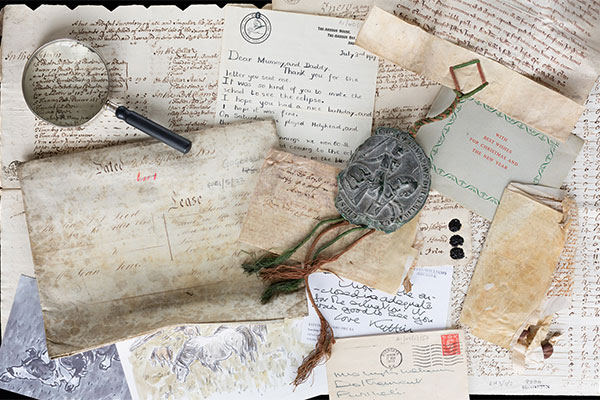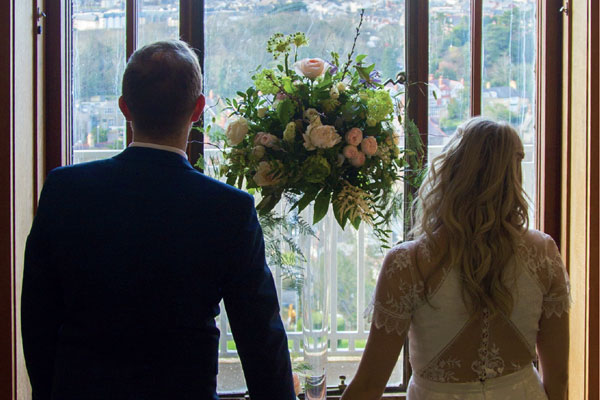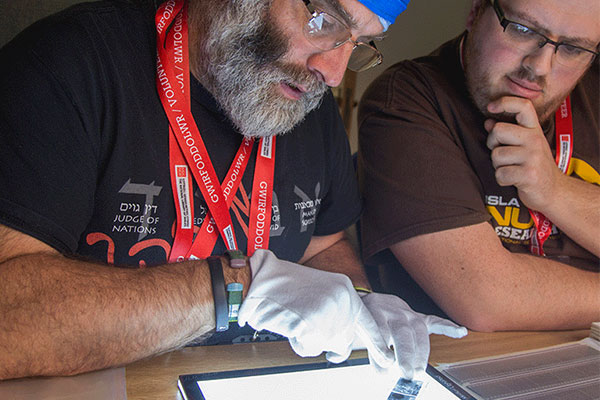The background of witch trials
In the middle ages a new factor emerged, developed by theologians and lawyers, the concept of the demonic pact. Witches, it was argued, acquired magical powers by direct association with the Devil. By the end of the fifteenth century, witchcraft and religious heresy were seen as objects of fear and sporadic persecutions at a local level were transformed in some areas into a determined campaign to eliminate every trace of witchcraft. Organised "hunts", primarily the persecution of women, were common during the seventeenth-century and fuelled accusations of witchcraft, torture and execution throughout much of Europe. Evidence from the gaol files of the Court of Great Sessions show that witches were persecuted in Wales, as in these cases from Flintshire.




